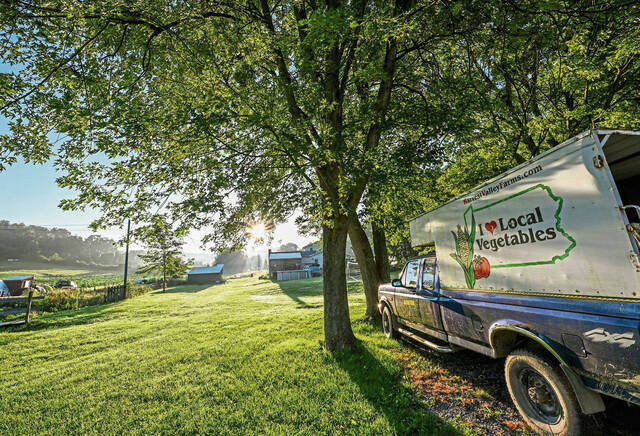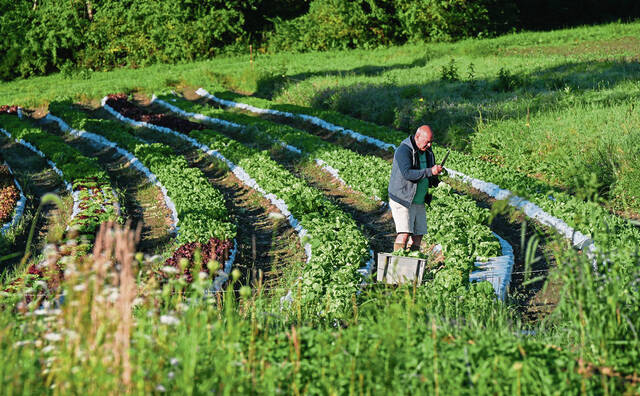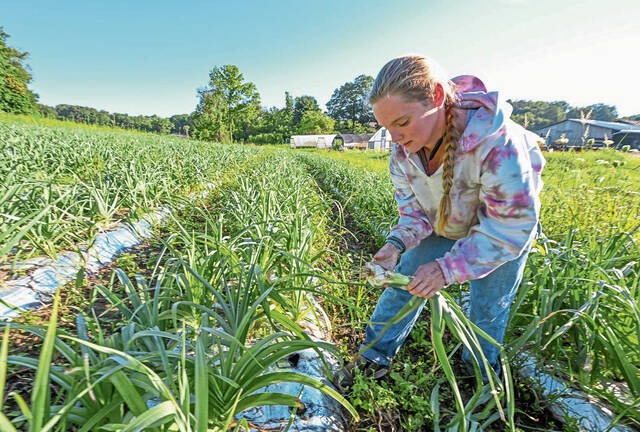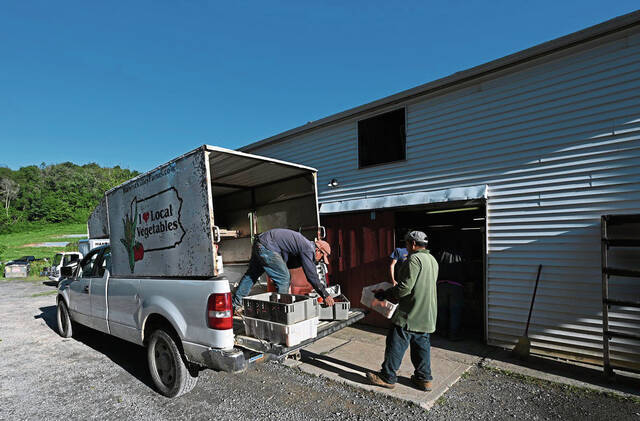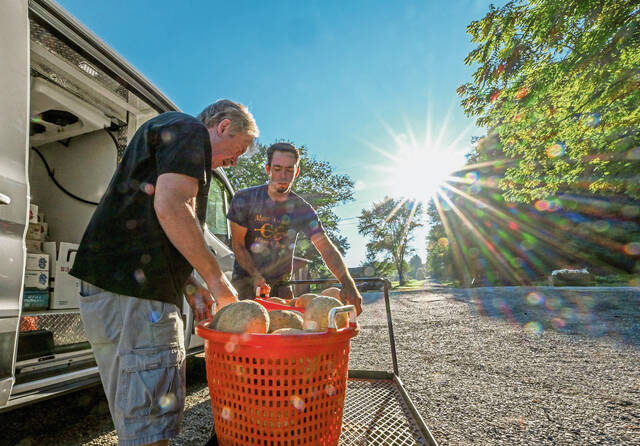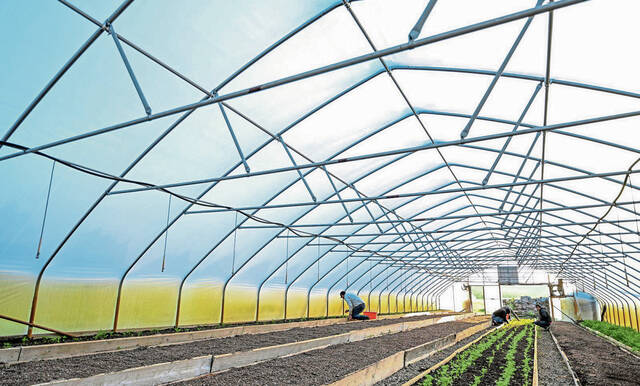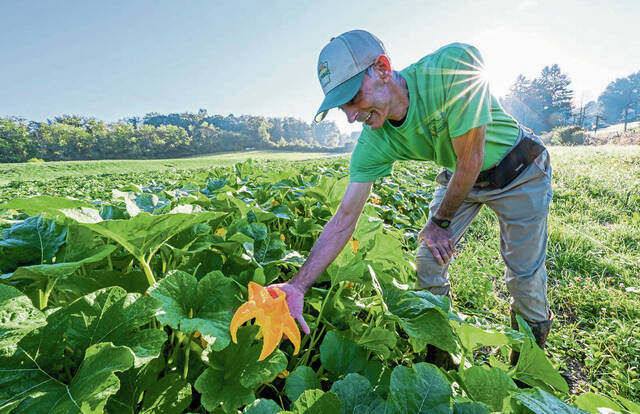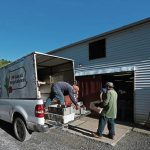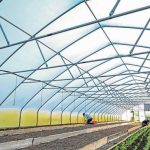Hempfield farmer Neil Palmer says that for 50 years his operation has been focused on growing fresh produce, which is sold at his own farm market.
“This year, we have a little more than 20 acres of fresh vegetables,” said Palmer, a fourth-generation farmer. “For the most part, it’s been a matter of what the local community is interested in, but a key decision is the cash value of the crop.”
Specifically, Palmer grows a lot of sweet corn and tomatoes.
“Those are high-interest crops, we can move the most volume, and they have a higher value,” he said.
Diversifying the offerings at Palmer’s Farm and being able to adapt to swift change has been key to remaining a viable business. It’s a strategy common among Western Pennsylvania growers.
At Harvest Valley Farms in Richland’s Valencia neighborhood, Art King grows nearly 100 varieties of produce, which is sold at its market on Route 8 and at farmers markets in Forest Hills and Monroeville.
“Our main dollar products are sweet corn, tomatoes and lettuce,” said King, 67, of Middlesex.
But much of the time, change goes hand-in-hand with challenge.
“Growth can be difficult,” King said. “Trying to balance growth and labor is a hard thing. Every time you do something different or want to grow something different, it requires more time.”
Related:
Changing agricultural landscape leaves fewer farmers to work larger farms
At Logan Family Farms in Hempfield, Ben Logan focuses largely on corn, wheat and a small amount of hay.
“The grain we don’t feed our livestock, we sell to commodities markets,” said Logan, 40.
Online market thrives
In addition to diversifying his crops, Logan started a monthly meat delivery service and also found a way to sell excess meat through the Market Wagon, an online farmers market that ships food from more than 50 local producers to a 15-county region that includes parts of Pennsylvania, Ohio and West Virginia.
Since opening a local distribution hub in 2020, Market Wagon has surpassed $1 million in cumulative sales for producers in the Pittsburgh region.
Over the course of the covid-19 shutdowns in early 2020, Logan said the delivery side of the farm’s business went from 13 orders in March to 300 orders in May. It has grown nearly 400% over the past few years.
“My wife now works on the farm, managing that side of the business,” Logan said.
Sometimes, the opposite of diversity can breed success. At Jamison Farm in Latrobe, John and Sukey Jamison carved out a niche in the mid-1980s, raising lambs for sale to some of the best restaurants in the U.S.
The pandemic put a dent in their restaurant sales, but they were ready to adapt, John Jamison said.
“We started processing animals for local farmers, and that’s what we’ve been doing along with raising our own lambs here at the farm,” he said. “If we’d have kept selling to restaurants nationally, it would be an issue right now because it’d be hard to get all the boxes and get it all shipped. But now we have a smaller amount of lambs, and we sell those locally.”


